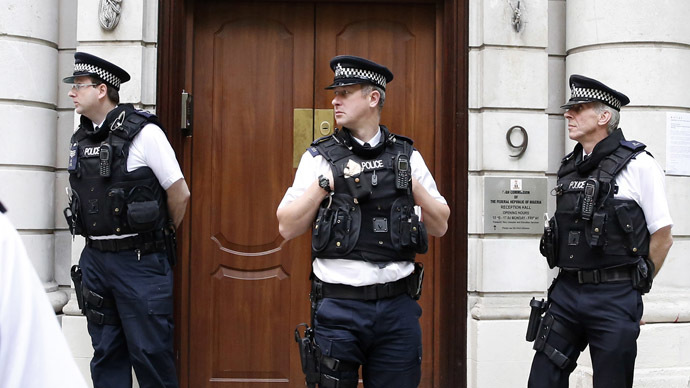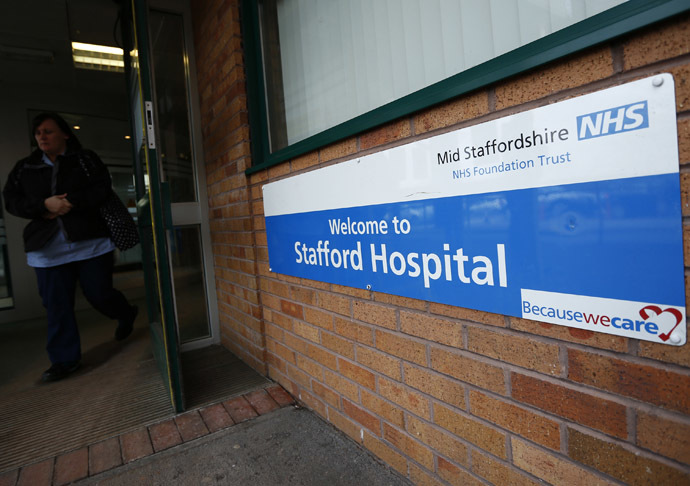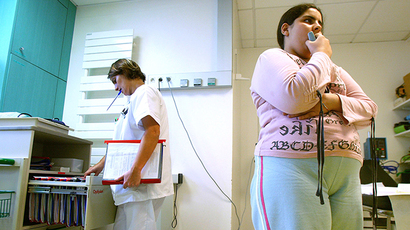Senior police officer demands warrantless access to UK medical records

Police want the right to access medical records and other confidential data without the need for an individual’s consent, a senior police chief has said.
Controversially, the data would also include information on domestic violence and abuse towards women.
Sir Peter Fahy, chief constable of Greater Manchester police told The Guardian that access to the data was necessary because of the increased number of cases involving “vulnerable people.”
Fahy said that police frequently dealt with people who suffered from mental illness or who have a history of alcohol and substance abuse, with ‘vulnerable people’ constituting more than half of police work every year.
Fahy added that access to medical records would allow police to better understand the individuals involved in potentially criminal activity, and would also allow police response times to be faster.
"We could do a better job if we have greater access to information, which it is currently hard for us to get," he said.
"It would give us a deeper understanding of those we are expected to help and their problems. The actions we take would be much improved if we had a better understanding of that history at the time we are called."

Fahy also called for a ‘national register’ of vulnerable people, which could be accessed by police and social services in an emergency.
While acknowledging inevitable public concern around the proposal, particularly in light of revelations of surveillance unveiled by NSA whistleblower Edward Snowden, Fahy said that current restrictions on data access cost the police “in money and time.”
“The danger is [revelations] from Snowden create an atmosphere of suspicion of why public services want to access the information," he told the Guardian.
"If you want a good public service it is crucial that there is increased information sharing, properly overseen and regulated," he added.
Fahy’s proposals may be seen as an extension of the government’s existing plans to develop a centralized database containing the medical records of every British citizen.
Called “care.data”, the program was designed to streamline healthcare services by extracting patient data from GP surgeries across the country and placing it into the national Health and Social Care Information Centre (HSCIC) database. The move is intended to make the NHS more cost efficient.
The plans, however, were heavily criticized by many in the medical community, with 31 percent of GPs saying they would opt their patients out of the scheme over privacy concerns.
British politicians also expressed concerns over police authorities being able to access personal data without a legal warrant to do so.
"The idea that police will be able to request information from a central database without a warrant totally undermines a long-held belief in the confidentiality of the doctor-patient relationship," said senior Conservative MP David Davis.
However, the government has insisted that the database program does not give out private information to other authorities, saying that patient data stored on government computers is used to make the National Health Service run efficiently.














